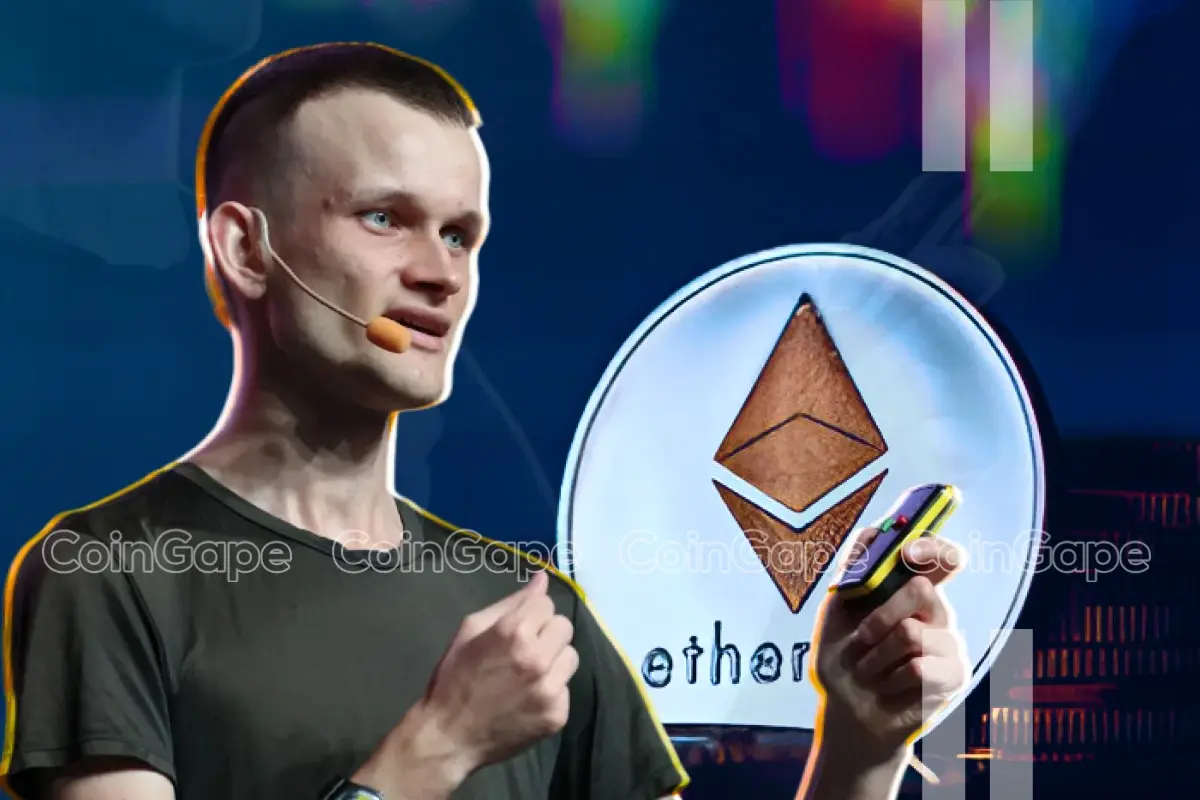Starknet, a Layer 2 scaling solution, has introduced version 0.13.3 to enhance Ethereum’s efficiency by reducing blob gas costs fivefold. Ethereum co-founder Vitalik Buterin praised the update on social media, recognizing Starknet’s strides in improving rollup data efficiency, a crucial aspect of Ethereum scaling.
Vitalik Buterin Applauds Starknet’s v0.13.3 for Cutting Blob Gas Costs by 5x
In a recent post on X, Ethereum co-founder Vitalik Buterin acknowledged the advancements introduced by Starknet with its v0.13.3 update. The update significantly improves Ethereum Layer 2 scaling by enhancing data efficiency.
The new version addresses the growing demand for blobs, which store transaction data in Layer 2 rollups. Ethereum’s Layer 1 blockchain eventually stores these blobs, increasing storage. The Layer 2 rollup update employs state-diff compression and transaction squashing to reduce blob gas fees, offering a more cost-effective solution for transactions on top layer-2 projects.
Vitalik Buterin added,
“One part of L2 scaling is Ethereum increasing its blob capacity. The other part is rollups becoming more data-efficient. Good to see Starknet rising to the challenge. Would love to see more EVM rollups increasing data efficiency too.”
How Blob Gas Fee Reductions Enhance Ethereum’s Ecosystem
Starknet has implemented two innovative solutions, state-diff compression and transaction squashing, to address the rising costs associated with blobs. Blobs store transaction data processed on Layer 2 rollups before being posted to Ethereum’s Layer 1 blockchain. With the growing demand for transactions, the space required for these blobs on the blockchain increases, driving up costs for users.
These updates will reduce costs while ensuring efficient transaction processing and data storage, making Ethereum more scalable and cost-effective. Additionally, transaction squashing reduces the number of blocks by combining multiple transactions into a smaller batch, ensuring users pay only for the additional data their transactions contribute. Previously, every transaction bore the full cost of the data in each block, even if the data overlapped with other transactions.
With the new update, the Layer 2 scaling solution now estimates the unique data contribution of each transaction and applies discounts for shared data. Alongside this, state-diff compression minimizes the size of the transaction data sent to Ethereum’s main network. Together, these updates cut blob gas fees and enhance affordability and efficiency in Ethereum’s ecosystem.
Beyond lowering fees, burning blob gas fees play a critical role in Ethereum’s tokenomics. Blob fees are permanently removed from circulation, similar to the burning of base transaction fees. According to Ultra Sound Money, over 100 ETH was burned in the last 7 days through blob fees alone. This mechanism reduces Ethereum’s supply, contributing to the asset’s deflationary model and long-term value proposition.
Additionally, speaking at Devcon 2024 in Bangkok, the Ethereum co-founder emphasized the importance of decentralization, scalability, and inclusivity in Ethereum’s ongoing development. In his keynote, Vitalik Buterin described Ethereum as a “world computer” powering a global decentralized economy. He highlighted the role of Layer 2 solutions like Starknet in advancing scalability and accessibility.
Disclaimer: The presented content may include the personal opinion of the author and is subject to market condition. Do your market research before investing in cryptocurrencies. The author or the publication does not hold any responsibility for your personal financial loss.

Leave a Reply